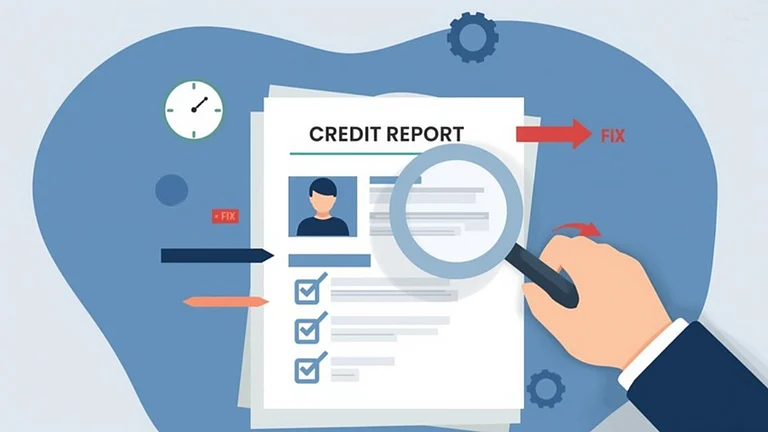Medical debt can have a long-term impact on your credit score, even if you have paid all the payments. Unpaid or delayed medical bills might harm your credit score because it is heavily reliant on payment history. However, after your medical debt is resolved there are practical ways to rebuild your credit and work toward financial recovery.
Here are five practical tips to help you rebuild your credit score after medical debt:
1. Check for Updates Regularly: After paying off your medical debt, frequently check your credit report to confirm that the debt has been updated to be paid or settled. Regular monitoring helps ensure that your credit report accurately reflects the status of your debt.
2. Reduce Credit Utilization: After you've settled your medical debt focus on lowering your credit use ratio. This includes paying off credit card bills. Keeping your credit utilization low shows responsible credit management and might help improve your credit score.
3. Maintain On-Time Payments: Improving your credit score after resolving medical debt necessitates continuous and timely payments. Make sure to pay all your bills on time including credit card balances, loan payments and other financial responsibilities. Making timely payments establishes a favorable payment history and contributes to a higher credit score showing your responsible credit behavior.
4. Avoid New Unnecessary Debt: Be careful while taking on new debt. While it is vital to handle credit responsibly, avoid accumulating needless debt, which can strain your budget and lower your credit score. Focus on controlling current credit and maintaining a balanced borrowing strategy.
5. Diversify Your Credit Mix: Having a variety of credit types, such as credit cards, loans, and mortgages, can positively influence your credit score. If possible, consider responsibly adding a new type of credit, like a small personal loan, to show that you can manage different kinds of credit effectively.
Rebuilding your credit score after medical debt takes time and discipline. By monitoring your credit, managing debt responsibly, and making timely payments, you can steadily improve your credit score and regain financial stability.















